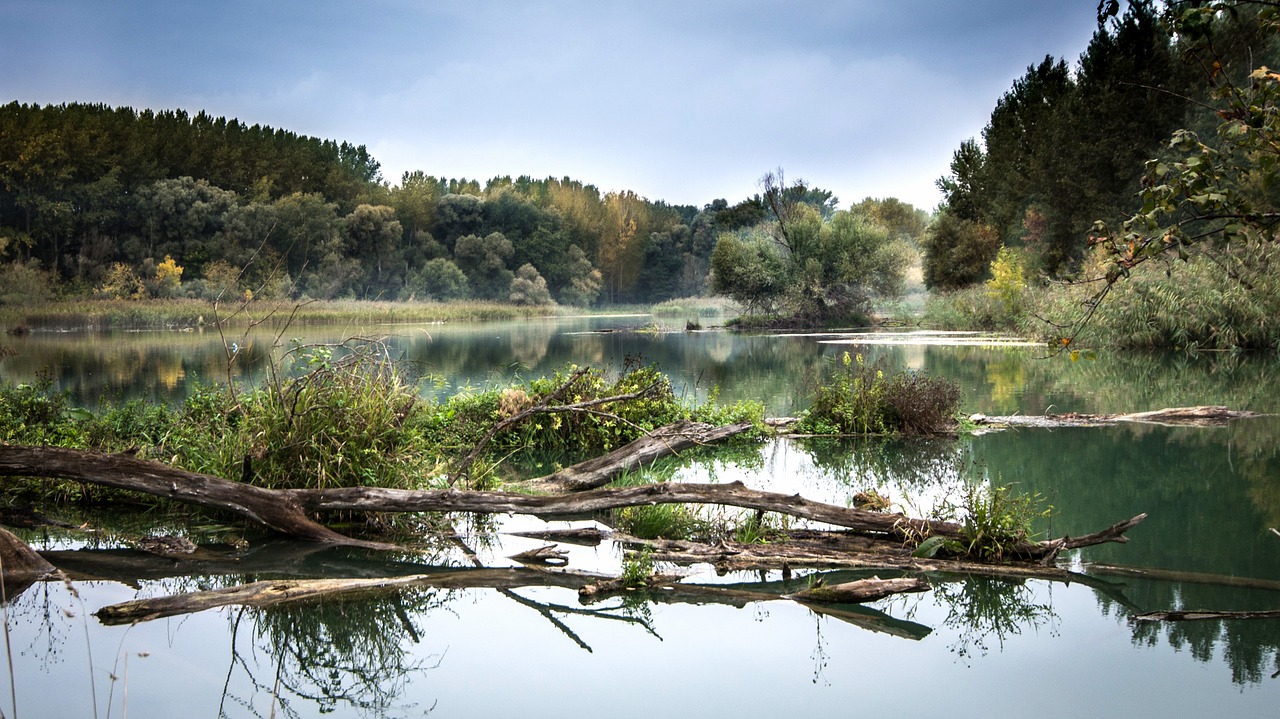Department of Environmental Sciences

About
The department of Environmental sciences located on the faculty of Natural resources. It was established in 2005 to support research and teaching related to Environmental sciences. The Department of Environmental sciences is comprised of three major disciplines: Biodiversity; Land use planning and Environmental Pollutions. Currently, the department has 7 full-time faculty members and 127 students. Our mission is to create, extend and disseminate applied and theoretical scientific knowledge of the different themes of Environmental science, regarding natural and human systems and their interactions through scholarly research, teaching and service.
Department Values and Operating Principles
Department Values and Operating Principles
As environmental lecturers/researchers, we study different aspects of natural ecosystems and also human impacts that change our environment. Our courses examine the environmental elements and relationship between society and the natural world from local to global perspective.
Facing the current global challenges such as biodiversity extinction, impacts of invasive and migratory species, global warming, urban pollution and management, energy saving and renewable energy application are investigated in undergraduate and graduate curricula. We value high quality teaching and guidance in all disciplines and are committed to shared department governance.
Facing the current global challenges such as biodiversity extinction, impacts of invasive and migratory species, global warming, urban pollution and management, energy saving and renewable energy application are investigated in undergraduate and graduate curricula. We value high quality teaching and guidance in all disciplines and are committed to shared department governance.
Facilities and Equipment
-
TeachingUnderstanding and learning environmental knowledge and applying it to sustainable development deeply depend on how it is taught and studied. Here at the University of Guilan, through our research and teaching, we strive for a critical and ethical approach to the natural and anthropogenic environment and society's relationship with it. Teaching methods include fieldwork, lectures, seminars, GIS and RS labs, AI software modelling, individual tutorials and group work.
-
ResearchOur faculty members are researchers and authors with expertise in various environmental science themes. They are often young researchers familiar with new technologies who are interested in using their knowledge and expertise in teaching different themes of environmental sciences.
Main Research
• Biodiversity research on natural habitats and wildlife populations
• Land-use planning
• Environmental pollutions
• Urban planning
• Rural planning
• Eco-Tourism
• Climate Change
• RS and GIS application in environmental modeling
-
PublicationPublication



















